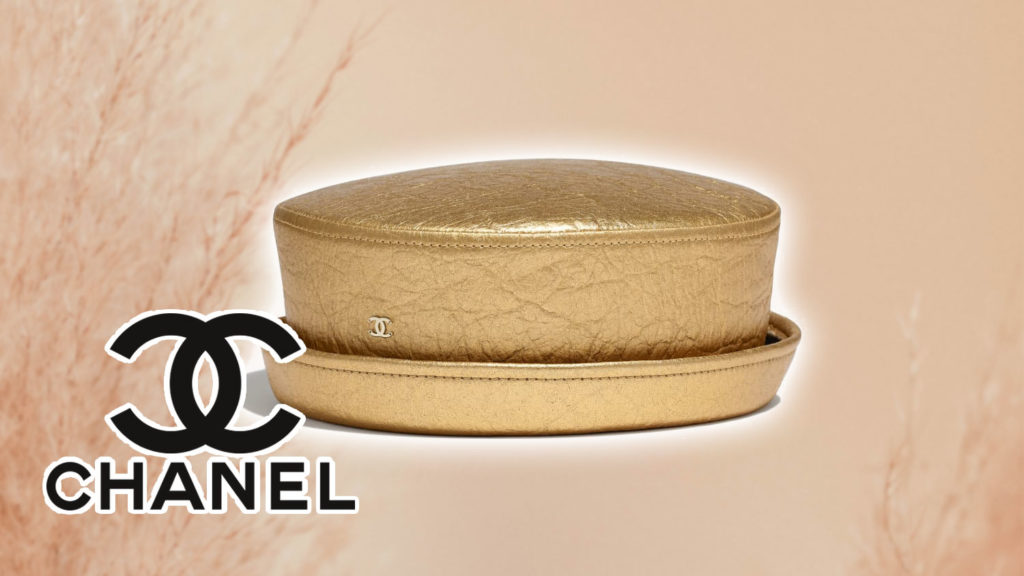Leading French fashion label Chanel is the latest to use fabric made from pineapple leather.
The fashion house launched a gold boater hat featuring the vegan leather material in its 2019-2019 collection.
Chanel is making efforts to update its collections; the label banned fur and exotic skins last year.
“The future of high-end products will come from the know-how of what our atelier is able to do,” Bruno Pavlovsky, president of Chanel fashion and president of Chanel SAS, said in an interview last year. Pavlovsky said the brand put a stop to exotic animal skins and fur because it’s “becoming increasingly difficult to source skins that met its quality and ethical standards.”

Ethical Textiles
While the Chanel hat is free from leather, it is mixed with felt, which is often sourced from sheep’s wool. A growing number of labels embracing sustainable fashion are also shifting away from wool as sheep are among the leading greenhouse gas producers. Fashion designer Stella McCartney recently challenged fashion students to design a wool alternative and celebrities routinely speak out against the use of wool by fast fashion giants like Forever21.
Wool is also considered a highly unethical textile as farmers can employ a procedure called mulesing where the skin on the hindquarters of the animal is cut off — often without anesthetic — in an effort to prevent flystrike. The procedure is painful for the animals and can often lead to infection.
Chanel hasn’t announced further plans to incorporate vegan textiles. But vegan materials may be the best answer to the label’s search for materials that meet its quality and ethical standards. Not only are a number of the vegan textiles ethically sourced, but many are also artisan-crafted as well.
Pineapple leather, which is often sold under the Pinatex label, uses the leaves of the pineapple plant to make a durable and sustainable textile that mimics the texture and function of animal leather. Hugo Boss launched a range of shoes made from the material in 2018. A growing number of fashion labels are embracing alternatives to animal leather; leather alternatives are being made out of apples, mushrooms, and other plant matter. Leading shoe label Adidas has begun using upcycled ocean plastic for its shoe fabric as part of its commitment to reduce plastic waste.


